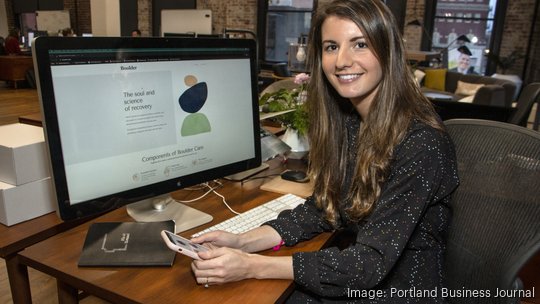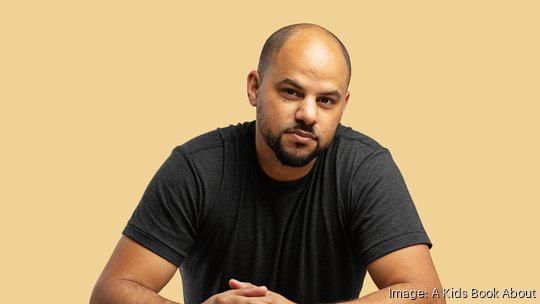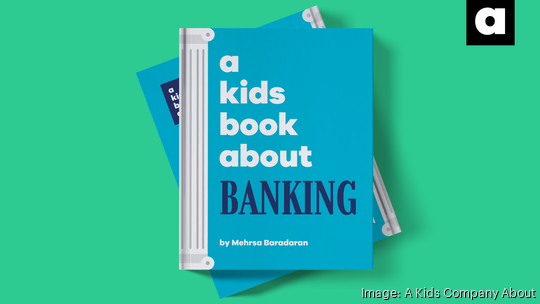
Silicon Valley Bank is gone, but the effect of a harrowing 72 hours after its failure and worries about uninsured deposits still linger.
As a result, founders and investors are evaluating something that had been typically low on the priority list: banking strategy.
Portland entrepreneur Jelani Memory may have summed it up best while in the midst of the turmoil two weeks ago.
“Our bank failing (had been) the least of our worries in running our startup. We never ever thought about it,” he said.
On Monday the Federal Deposit Insurance Corp. announced a purchase and assumption agreement for all deposits and loans of Silicon Valley Bridge Bank — the entity created when SVB was seized by regulators — by First Citizens Bank of Raleigh. All 17 former branches of SVB were to open as First Citizens branches.
There are lessons to be learned from the ordeal and fallout still to come since SVB was an institution that worked with companies that are typically unserved by large institutions.
Memory's startup A Kids Company About has since opened multiple accounts at different institutions.
“We plan to have an ongoing relationship with more than one bank, not holding all of our eggs in any one basket,” he said. “We are also paying attention to how much of our deposits are insured at each institution.”

He expects this will be normal for founders moving forward. It was a similar sentiment for the founders of Vancouver startup Slumberkins. Following a scramble to move money out of SVB, co-founder and co-CEO Callie Christensen said the company will be diversifying bank accounts and cash reserves moving forward.
However, finding new institutions to grow a banking relationship is an open question. Stephanie Strong, founder and CEO of addiction treatment startup Boulder Care, has set up multiple accounts for the venture-backed company. But, she had discouraging interactions with two large institutions, JP Morgan and Fidelity.
One institution told her it couldn’t work with Boulder because of its venture capital investments. The other said it couldn’t “expand the relationship” with Boulder due to startup business risk.
“Most large banks clearly are not set up to support startups with venture investors; regional banks make us nervous right now,” she said in an email. “After going days without being able to access millions of dollars at SVB or knowing when (or whether) we could, they remain one of the only options for institutions willing to support us.”
She added that the company is making the most conservative decisions possible when it comes to its commitments to patients, employees, customers and its financial discipline. It has 18 months of operating runway and steadily growing revenue.
“It’s highly perplexing to me why it’s such a challenge to find a reliable bank,” she said.
SVB's ripple effects
The ripple effects of losing a bank that works with startups was top of mind for Oregon Venture Fund. Of the fund’s 35 active investments, 13 were customers of SVB, said fund founder Eric Rosenfeld in a blog post.
“SVB was the primary provider of venture debt in Oregon and nationally, with $6.7 billion of high-interest, unsecured loans outstanding when it collapsed,” Rosenfeld wrote. “These are risky loans that conventional banks won’t make and can’t make. They are also the loans that fuel our most innovative startups that are endeavoring to solve some of the world’s most pressing problems, including in areas ranging from health care to education, to climate change and clean energy. Expect such loans to now be rarer and more expensive, especially for the earliest of startups and youngest of founders.”
For Memory, this whole situation has reiterated to him that when someone says "everyone does it this way" — as was the case with SVB being the bank for startups — it’s a yellow flag to do research "for whether that’s actually smart for me and my company to do," he said.

It also spurred Memory to tap into the moment and pull together a new product. A Kids Company About produces A Kids Book About line of titles designed to help children and families talk about and develop understanding around what are often heavy topics.
A Kids Book About Banking hit the market March 21. It is written by Mehrsa Baradaran, a law professor at the University of California, Irvine with expertise in contracts and banking law.
"The hope is that the book can be an easy way for grownups to explain what's happening right now with the collapse of SVB, troubles at Credit Suisse, and the general instability in the U.S. economy," said Memory. "Additionally, to help spark curiosity about how money works, how it's used, and its impact on the world around us."
— Elizabeth Hayes contributed to this report






